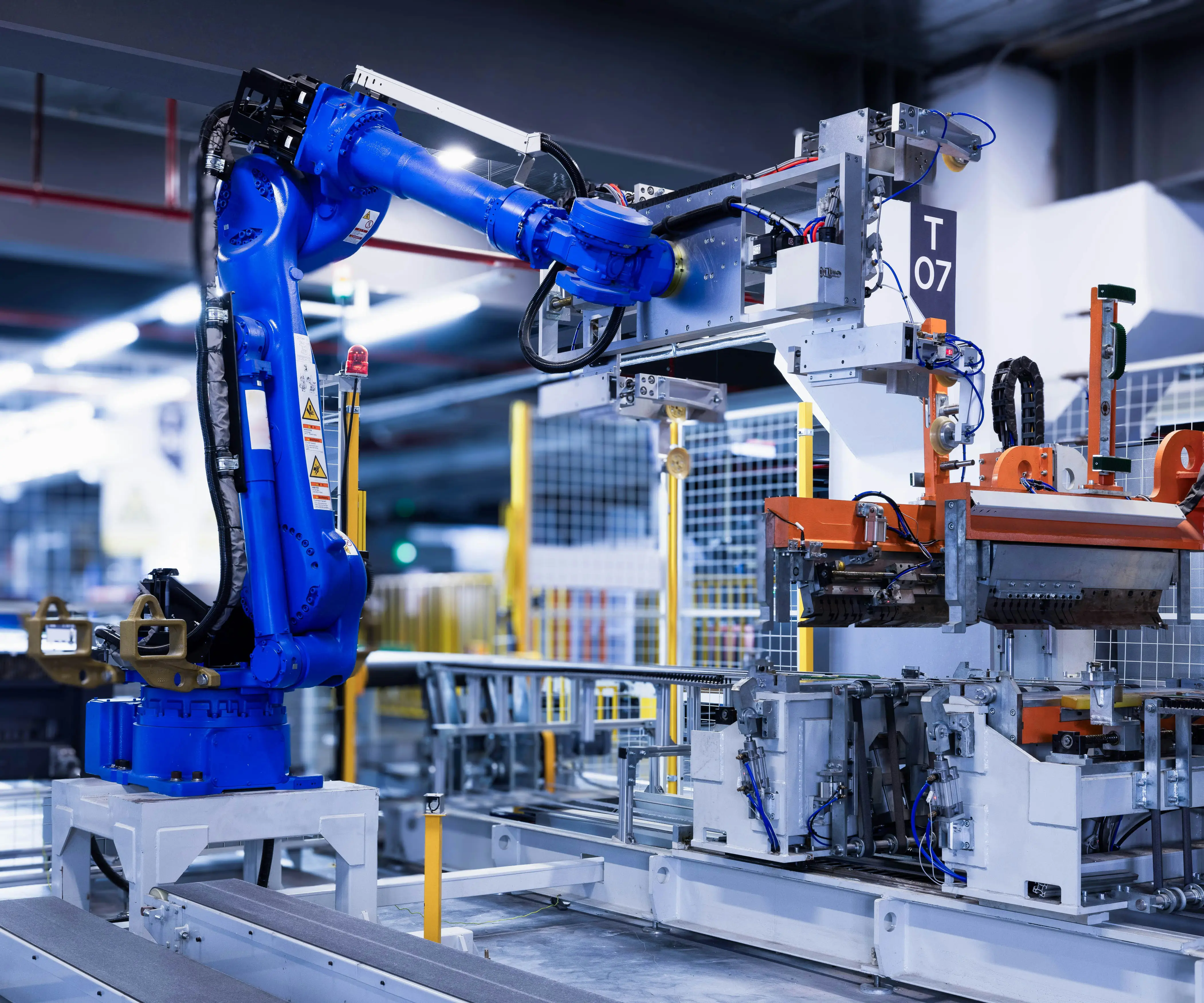Thinking about building a killer app? Or maybe modernizing an existing system? Then the debate between modular monoliths and microservices is likely on your radar. It’s like choosing between two different paths in a tech wilderness, each with its own vibe, risks, and thrills.

Let's start with the modular monolith. Picture a big, well-organized library where books are grouped by genres, but everything sits under one roof. It’s like having a single, cohesive codebase, but with separate, clearly defined modules. This approach keeps things simple, especially when your team isn't ready to juggle multiple deployments or complex network setups. You get the advantages of clear separation, easier debugging, and quicker deployment cycles. It’s kind of like building a sturdy house with rooms you can renovate individually—no need to worry about plumbing across different houses. When was the last time you moved into a place and loved how easy it was to upgrade a single room without knocking down walls everywhere? That’s the charm of a modular monolith: simplicity combined with the flexibility to expand.
Now, microservices? They’re like an army of tiny, specialized shops, each handling a specific task. Think of a food court with different vendors—pizza, sushi, burgers—each operating independently. Microservices are perfect when you want to scale certain parts of your app without affecting the rest. They can be deployed, updated, and scaled independently. That makes rapid innovation and resilience possible—if one microservice crashes, others keep going like nothing happened. Plus, if you’re aiming for cloud-native agility, microservices can be your best friend because they fit into modern containers and orchestration tools very well.
But here’s the twist: microservices come with complexities. Managing multiple services means more infrastructure, more network calls, and keeping all those pieces in sync can get messy. Sometimes, it’s like trying to keep a flock of birds all heading in the same direction. Not impossible, but your team needs discipline and experience. For example, certain applications don’t really need that level of decomposition. If you’re just building a simple, straightforward app, splitting into microservices might be overkill.
So, here's the question: are you after quick wins and simplicity, or are you aiming for flexible scaling and resilience? Ever felt the pain of trying to coordinate a bunch of tiny services and wishing everything was just in one place? That’s where a modular monolith shines—less moving parts, less headache, but still plenty of room for growth.
In reality, lots of companies start with a modular monolith and only break out microservices later when they hit limits or need specialized scaling. It’s all about the stage you’re at, your team's skillset, and your business goals. No purple unicorn—just a pragmatic approach to solving real-world problems with the right tools.
Thinking about how this fits into your company's strategy? Sometimes, it’s not about choosing one over the other—it’s about understanding which approach aligns better now, and which might serve you well in the future. Because at the end of the day, whether it's one sturdy house or a cluster of efficient shops, your goal remains the same: delivering value seamlessly.
Established in 2005, Kpower has been dedicated to a professional compact motion unit manufacturer, headquartered in Dongguan, Guangdong Province, China. Leveraging innovations in modular drive technology, Kpower integrates high-performance motors, precision reducers, and multi-protocol control systems to provide efficient and customized smart drive system solutions. Kpower has delivered professional drive system solutions to over 500 enterprise clients globally with products covering various fields such as Smart Home Systems, Automatic Electronics, Robotics, Precision Agriculture, Drones, and Industrial Automation.




































